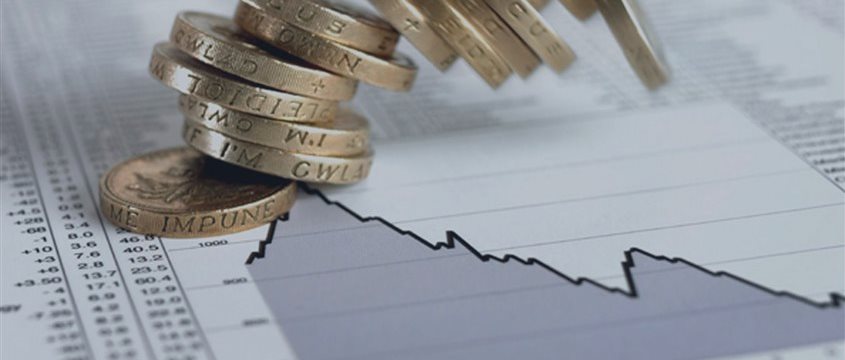
Although the United Kingdom is a member of the European Union, it has not yet adopted the Euro as its currency, so it is not part of the European Monetary Union. There are a number of reasons for this, but perhaps most famous is the country's forced withdrawal from the Exchange Rate Mechanism, the precursor to the Euro. As we have touched on in previous lessons, before joining the Euro countries were required to meet certain criteria, one of which was to keep the value of their currency within certain "bands". After initially trying to adhere to the qualifications set forth for participation in the European Monetary Union, the value of the pound dropped below the lower band, forcing the country out of what would become the European Monetary Union. Although the Prime Minister as of this lesson, Gordon Brown, has ruled out joining the European Monetary Union for the foreseeable future, many feel that the UK will eventually adopt the Euro, and therefore any such talk can have an affect on the pound.
The five tests according to Wikipedia.org are:
1. Are business cycles and economic structures compatible so that the
UK and others could live comfortable with Euro interst rates on a
permanent basis?
2. If problems emerge is there sufficient flexibility to deal with them?
3. Would joining the EMU create better conditions for firms making long-term decisions to invest in britain.
4. What impact would entry into the EMU have on the competitive position
of the UK's financial services industry, particularly the city's
wholesale markets?
5. In summary, will joining the EU promote higher growth, stability, and a lasting increase in jobs?
In addition to these factors, the UK economy is a service based economy,
with a heavy emphasis on financial services, and is a net exporter of
oil and natrual gas, so energy prices will affect the currency.
As Kathy Lien points out in her book Day Trading the Currency Market,
while the GBP/USD is a very active currency, the Pound is also very
active in the crosses, and as the EU is their largest trading partner,
traders pay particular attention to movements in the EUR/GBP for
fundamental ques on the currency. As of this lesson the UK also has the
highest interest rates in the G7, causing it to be used as the currency
many traders will buy when playing the carry trade we learned about in
module 3 of this course. This makes GBP/JPY one of the more active
crosses in the market and one which traders who are looking for
increased volatility often choose as their favorite.


